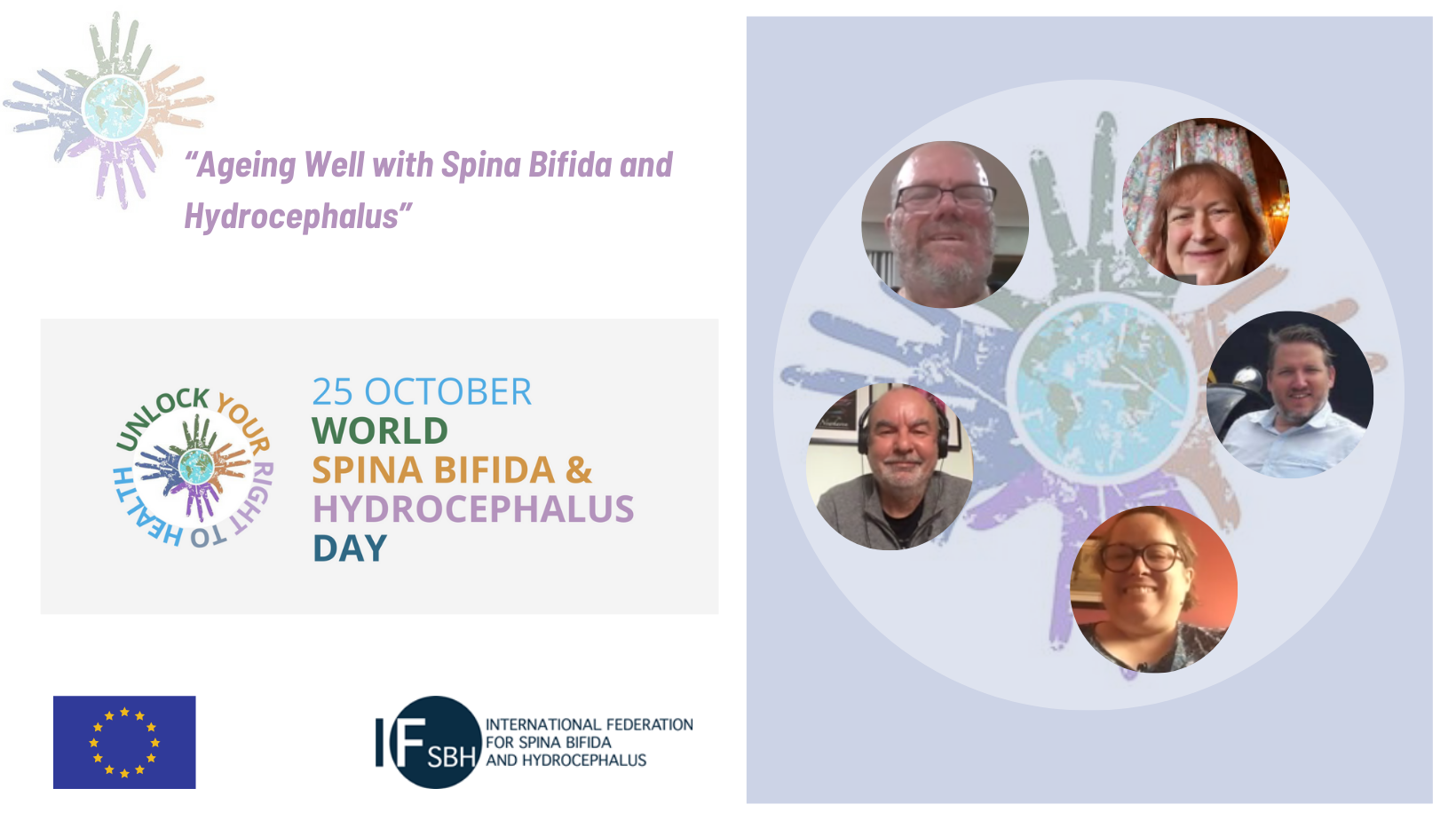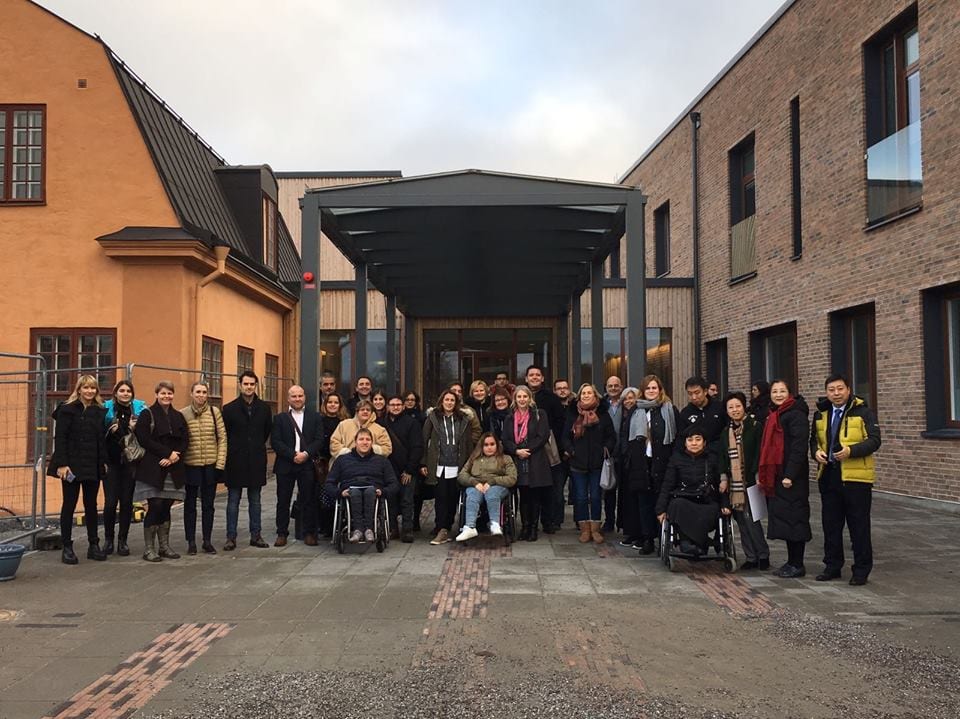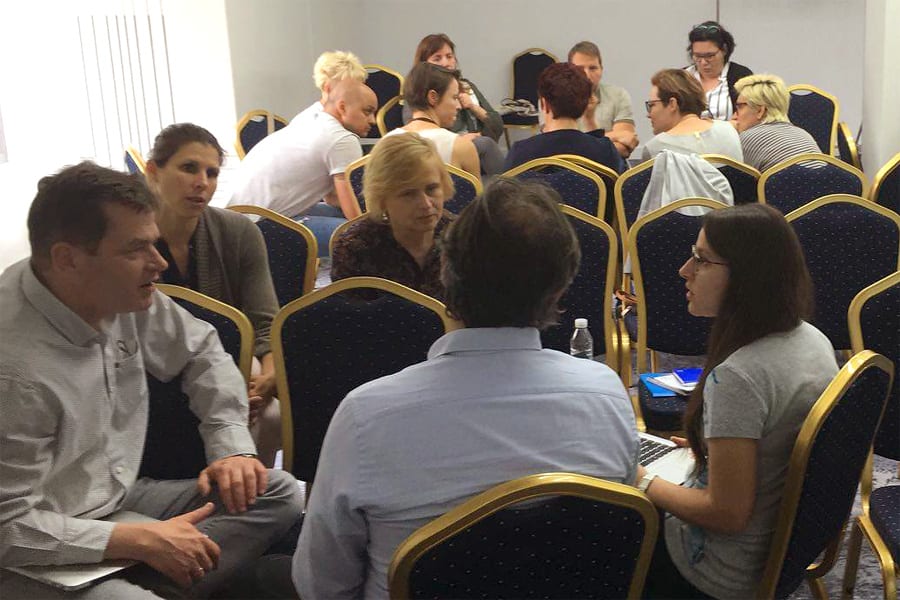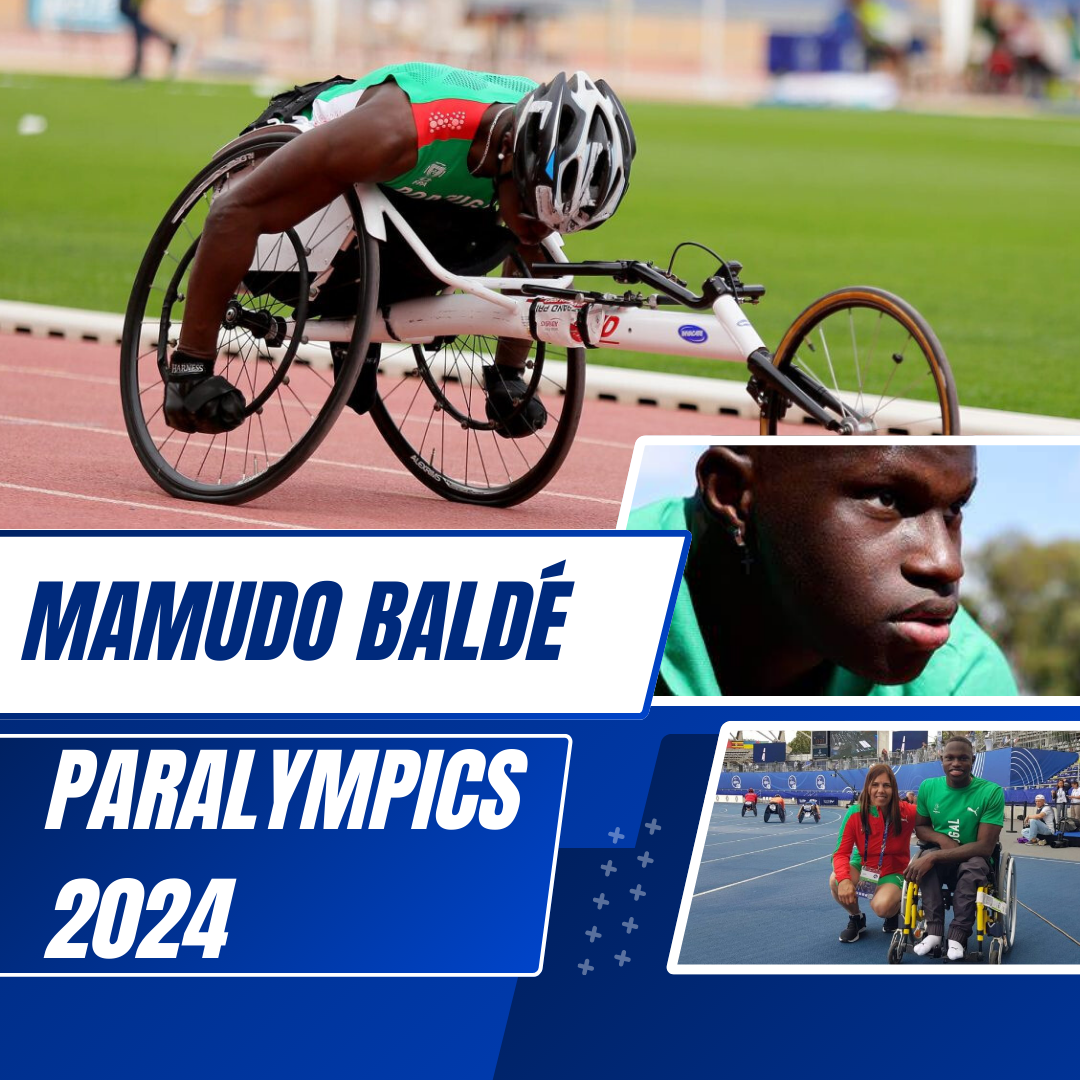On October 27th, the IF Working Group on Ageing with SBH held the “Ageing Well with Spina Bifida and Hydrocephalus” to celebrate the World Spina Bifida and Hydrocephalus Day 2021.
This side event of the WSBHD was an occasion for individuals to speak up about their experiences and to share their personal testimonies without any taboo. Participants could ask personal questions to the speakers and even share their own experiences, concerns and advice.
The event began with a word of welcome from the IF Working Group on Ageing with SBH Chairman, Kevin O’Donnell. He began by introducing himself, the group and the work the IF Working Group on Ageing with SBH has done to help understand the needs of adults with SBH.
The first speaker was Martin Duff from Perth in Australia who shared his experience on the need of support networks in Australia. He explained the informal (peer support) and formal (government) support available in Australia and how thanks to technology, equipment adaptation and community involvement he could maintain his strength, ability and meet his needs. He highlighted the importance of sharing information. An online portal was developed where people can share any information that could help others in the same situation such as their networks; the material and technology they use to meet their needs, etc.
After this interesting insight, the next speaker was Mario Sel, Flemish Association for Spina Bifida and Hydrocephalus (VSH). Born in Belgium, he explained the multidisciplinary care system in Belgium and how at first they were focused on children but later on focused on adult care due to high demand. He described the difference between two main hospitals and how their approach differs while maintaining the same goal. He expressed his positive experience being taken care of by a multidisciplinary team. “We don’t lose time to make multiple appointments for different doctors”.
Following Mario’s testimonies, Monica Still, Spina Bifida Association, shared her experience on physical health and rehabilitation in the USA. She expressed that the US health system is different from the rest of the world. Especially when you age, you become more aware of the challenges within a healthcare system. Such as doctors who are not familiar with ageing with SBH and still think SBH as a “pediatric disorder” or again adults have also to fight with insurance companies to get reimbursed for what they need or the fact that being in a wide country there is a difficulty to reach people they need adult care. She revealed that the SBA association helps adults with SBH by providing some guidelines (available on an app) to doctors in order for them to have a knowledge base or again organise fundraising, research, etc.
After this testimony, Kevin O’Donnell, IF Working Group on Ageing with SBH Chairman, shared insight on mental health among adults with SBH and highlighted the link between mental and physical health. Stating that depression and anxiety are critical for many adults with SBH. However, some adults reported good mental health, demonstrating resilience in the face of changes in their physical health. We need to learn from such people, in developing our own resilience..
And our last speaker, certainly not least Judy Feeley, member of the Hydrocephalus Canada association, Born with Hydrocephalus, shared her holistic approach to her rehabilitation including physical; cognitive and mental/behavioral. How 1) “a brain food diet” – by eating a well-balanced diet (including foods that promote a healthy brain, including: fish, nuts, beans, peas, low fat yogurt, water, and unsweetened juice – 2) a physical assessment (to see what could be done, what assisted devices is required, modifications at home, etc.); 3) listening to her body (daily naps; take each day differently; keep positive attitude, etc.); 4) finding motor activities (word games; puzzle; strategic video games; etc. to work her mind and hands to improve her concentration; coordination); 5) managing her cognition; 6) Support tram and stress/management helped her with her rehabilitation.
After listening to those wonderful experiences and personal testimonies, the side-event ended with a 50 mins discussion where participants could ask personal questions, share their stories, concerns and ask for advice.
The “Ageing Well with Spina Bifida and Hydrocephalus” side-event is a follow-up of several activities the IF Working Group on Ageing with SBH organises to bring people together and advocate for the important topic of ageing. Little is known about ageing with SBH and having discussions among adults with SBH help others to feel understood and share their personal and intimate experiences. The contributions to this side event will help shape the future programme of the Working Group.
IF wants to thank all of its speakers and participants for having been able to give powerful messages during this side-event to celebrate the World Spina Bifida and Hydrocephalus day 2021.





